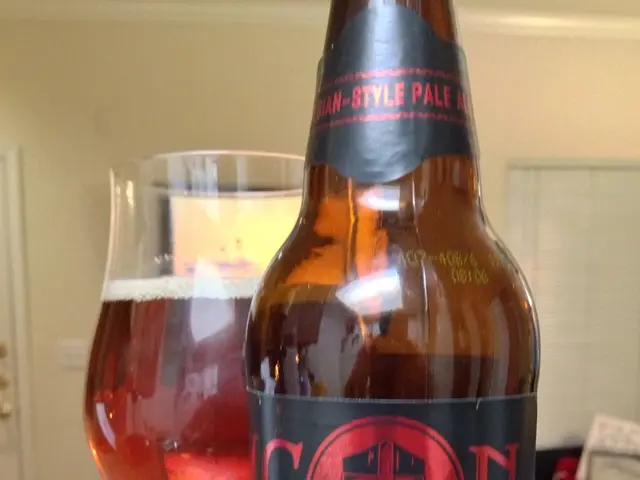A European-based chemical firm situated in Berlin expresses intentions to resume manufacturing pharmaceuticals within the continent.
The pandemic has highlighted the heavy dependence of the pharmaceutical supply chain on deliveries from Asian manufacturers. Sonja Jost from Dude Chem is aiming to change this by producing active ingredients for generics within Europe. Her goal is to make this more cost-effective and environmentally friendly than in Asia.
So, what's your plan to achieve this?
Sonja Jost: First, we should analyze how the production of active ingredients was outsourced in the first place. A large portion moved to Asia to cut costs. This was largely due to the relocation of 'dirty' chemistry with lower labor costs and environmental standards. We believe that costs can also be saved through the implementation of new, innovative chemistry, changing the production process. This isn't a new idea but rather the outcome of decades of research activity in Germany and Europe.
Are you suggesting that production can be both cheaper and cleaner than in Asia? And isn't that hard to believe?
It's common to believe that environmental standards always equate to higher costs. The misconception arises from our reliance on a certain standard, without considering innovations. In the past, chemistry was oil-based, which was expensive, but the process became more cost-effective due to large-scale production. Green chemistry takes a different approach, working with 12 principles that result in less waste and energy use – principles that also allow for cost savings.
Does Dude Chem actually produce anything itself?
No. Our business model involves pharmaceutical and generic companies approaching us when they need a specific active ingredient and prefer a European supplier. Many no longer trust global supply chains due to export stops from India during the pandemic. We've built a network of over 30 European contract manufacturers who produce for us. This means we develop the sustainable, cost-effective production process and provide the manufacturers with a kind of recipe.
Do you have any examples of this?
We've successfully brought a production of active ingredients back from India and offered a more cost-effective price to a large, well-known generic company using innovative production methods. Unfortunately, I can't name the company yet, but I hope to soon.
We've seen the success of Biontech in Germany and Novo Nordisk's diabetes treatment in Denmark. Is there a recent boom in the industry?
There are many innovations happening within the industry, but it's important to distinguish between lifestyle medications and those truly needed for population health. It's worth noting that 80% of supply comes from generics – established medications where the main concern is ensuring supply. Pharmaceutical companies are often innovative in developing active ingredients, but they outsource production to Asia, feeling less responsible for the location of production and supply security.
Tune in to the latest episode of "The Hour Zero"
- The design of active ingredients at Dude Chem
- Why water can replace oil in chemistry
- The lack of investment in deeptech startups
Find all episodes on RTL,Apple, or Spotify**
The economic implication of Sonja Jost's plan could potentially shift the dependence on Asian manufacturers for active ingredients, benefiting the European economy. After analyzing the reasons behind outsourcing production to Asia, Sonja Jost intends to implement new, innovative chemistry to make production cost-effective and environmentally friendly within Europe.






